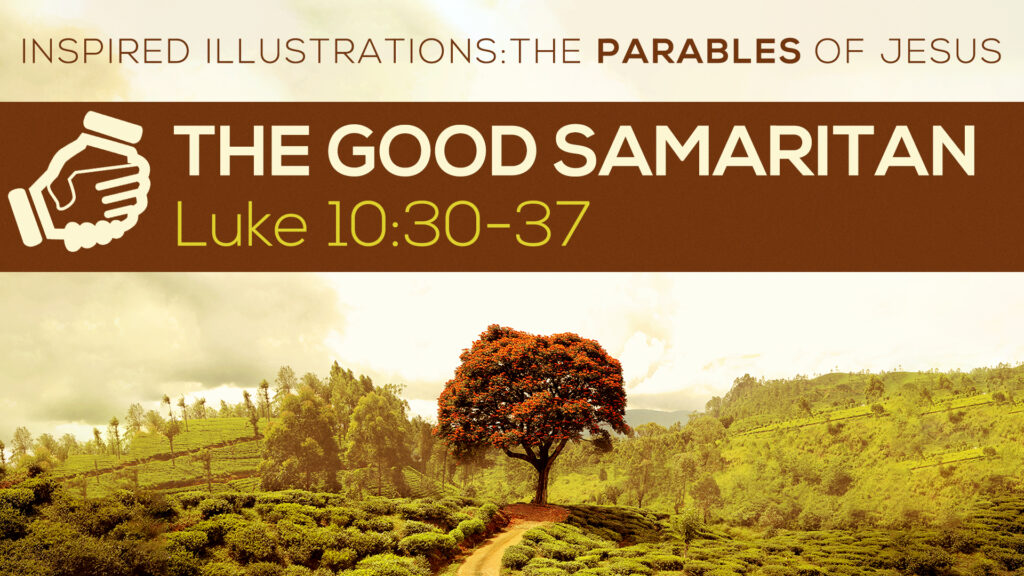Parable of the Good Samaritan – Sermon Application #2

In the parable of the Good Samaritan, the priest, the Levite, and the Samaritan all came upon the same bloody sight, yet the priest and the Levite responded very differently from the Samaritan. The same scene which compelled the religious men to keep their distance was the same scene which compelled the Samaritan to draw near and help as much as he could. Where the religious men saw an inconvenience and possible danger to be avoided, the Samaritan saw an opportunity to express compassion and love to a victim of great evil. When we reflect on this, we should ask ourselves, “What would we do if we came upon this scene?”
Application by way of correction:
According to Pastor Vradenburgh, Galatians 6:10 provides us with an excellent commentary on the conduct of the Samaritan: “As we have therefore opportunity, let us do good unto all men, especially unto them who are of the household of faith (Gal. 6:10).” Is it possible that we are missing magnificent God-given opportunities because we are too self-centered to recognize them as such? Is it possible that the things we complain about are opportunities to do good? Let’s practice seeing opportunities rather than only problems (Num. 14:6-8).
Application by way of exhortation:
Every Christian should help the helpless with the same sacrificial love as the Samaritan (Jas. 1:27; 1 Jhn. 3:17-19; Luke 14:13, 18:22; John. 13:29; Gal. 2:10; Isa. 1:16-17, 58:6-7). Such love is not optional; it is always the natural result of a right relationship with God through Jesus Christ (compare Gal. 5:6 with 4:15; compare 2 Cor. 12:15 with 1 Cor. 4:17). But what if we feel that we could never love so sacrificially? What if our hearts say, “I want to pour out my life in love to others, but I can’t (Rom. 7:14-24)!” If this is the case, we are right where God wants us! This God-like-love is not difficult; it’s impossible! —at least for us. Our only option is to look away from ourselves to Jesus! Without a continual passionate pursuit of Jesus, our hearts are Death Valley (see John 4:10, 14; 1 Cor. 12:13; John 6:63; Ps. 81:10; compare Eph. 5:18-19, 4:15, 5:26).
Application by way of self-examination:
The priest and the Levite were forward in the formalities of religion, but were strangers to the substance of religion (compare Rom. 2:17, 20 with 2 Tim. 3:5; Matt. 23:25; Rom. 10:1-4; Col. 2:16-17). In spite of their “religion”—whatever it was, their glaring hypocrisy showed up in their everyday life (Luke 10:31-32; Rom. 2:21-24; Matt. 21:13, 23:14). Let’s take this parable as an occasion for self-examination. Have we maintained religious formalities while growing cold toward Jesus (Matt. 24:12; Rev. 2:1-7, 3:14-22; Jer. 2:2-3)? Is our hypocrisy starting to show up in our selfish and worldly ways (1 Cor. 3:3; Gal. 5:15; Jas. 3:14-16)? If so, let’s put away the sins we’ve been stubbornly persisting in, commit ourselves to get back into the word, back into prayer, and back into God-seeking (Rom. 13:11-14; 2 Chron. 26:5; Jer. 29:12-14; Rev. 3:20).
